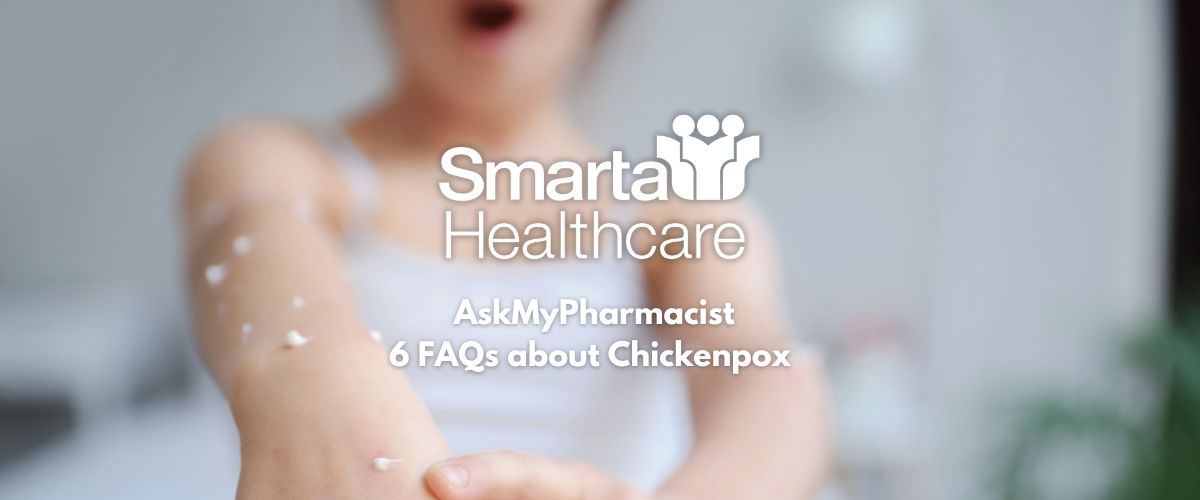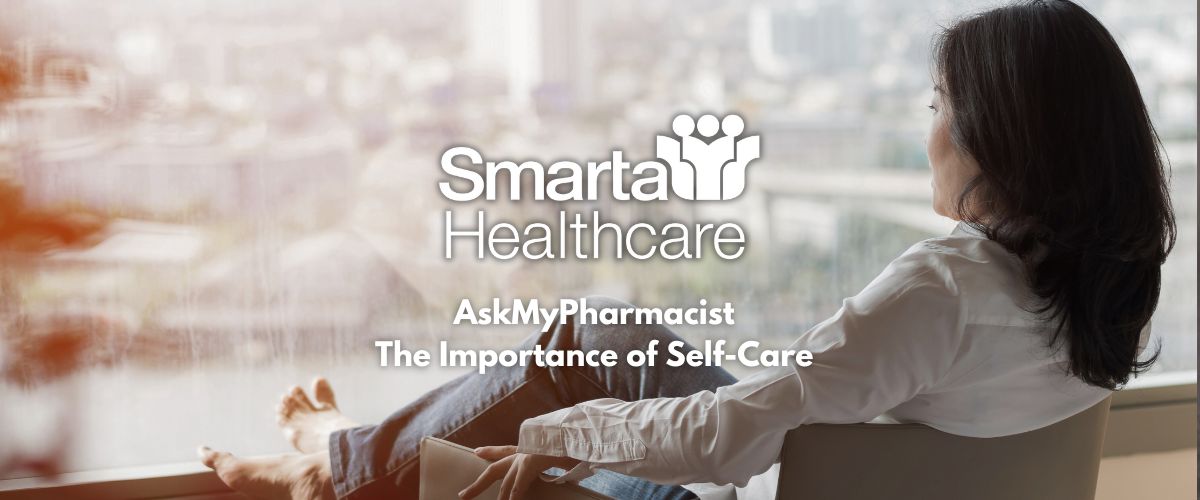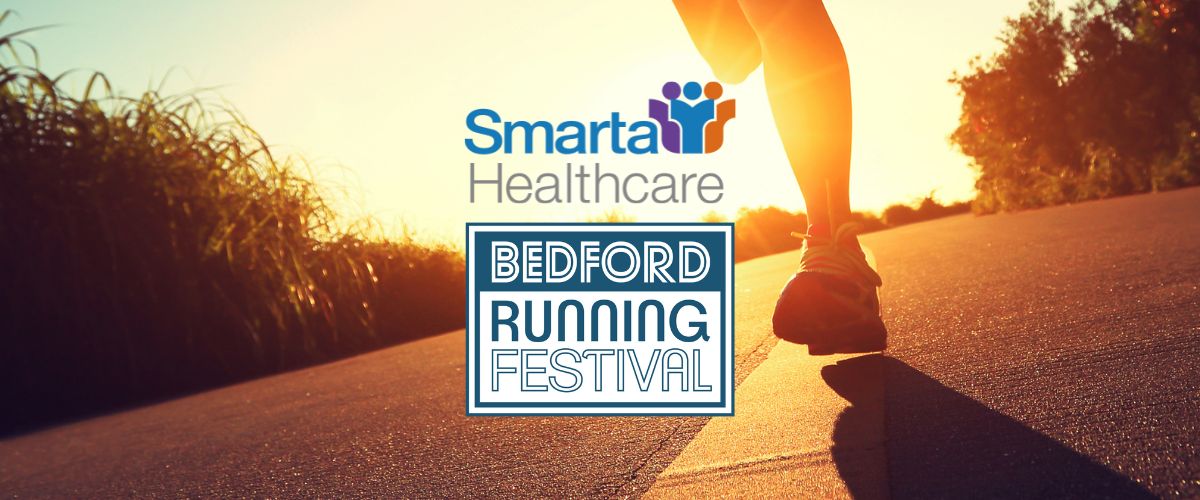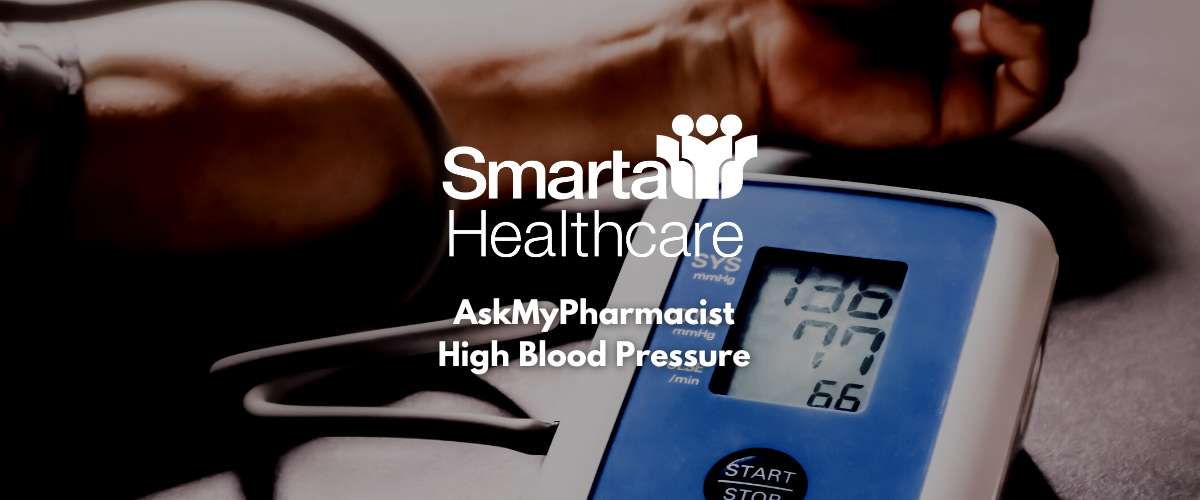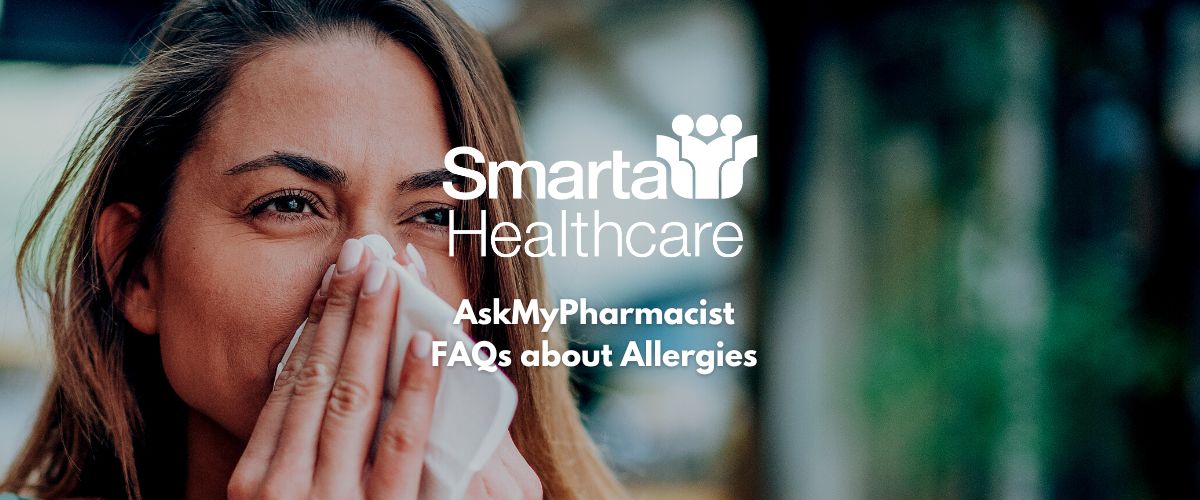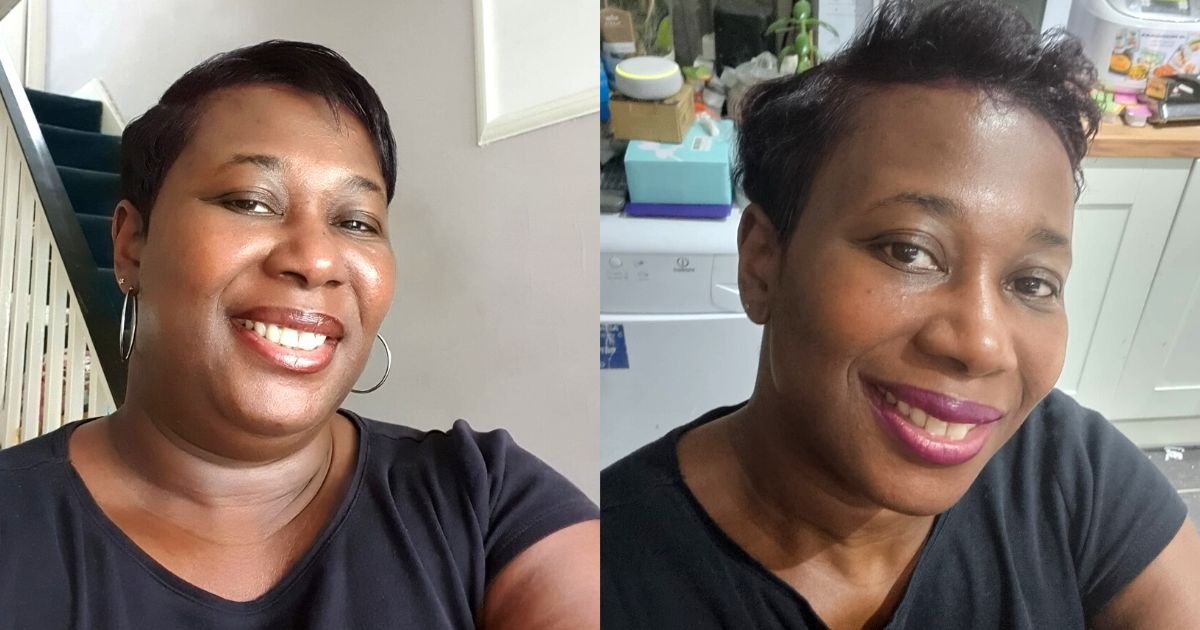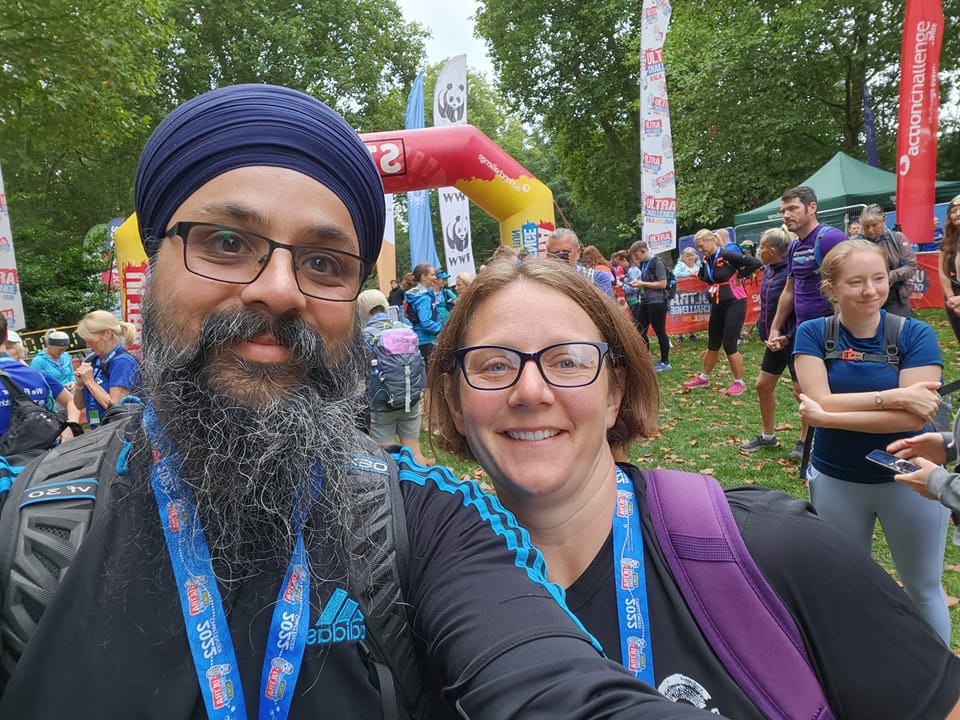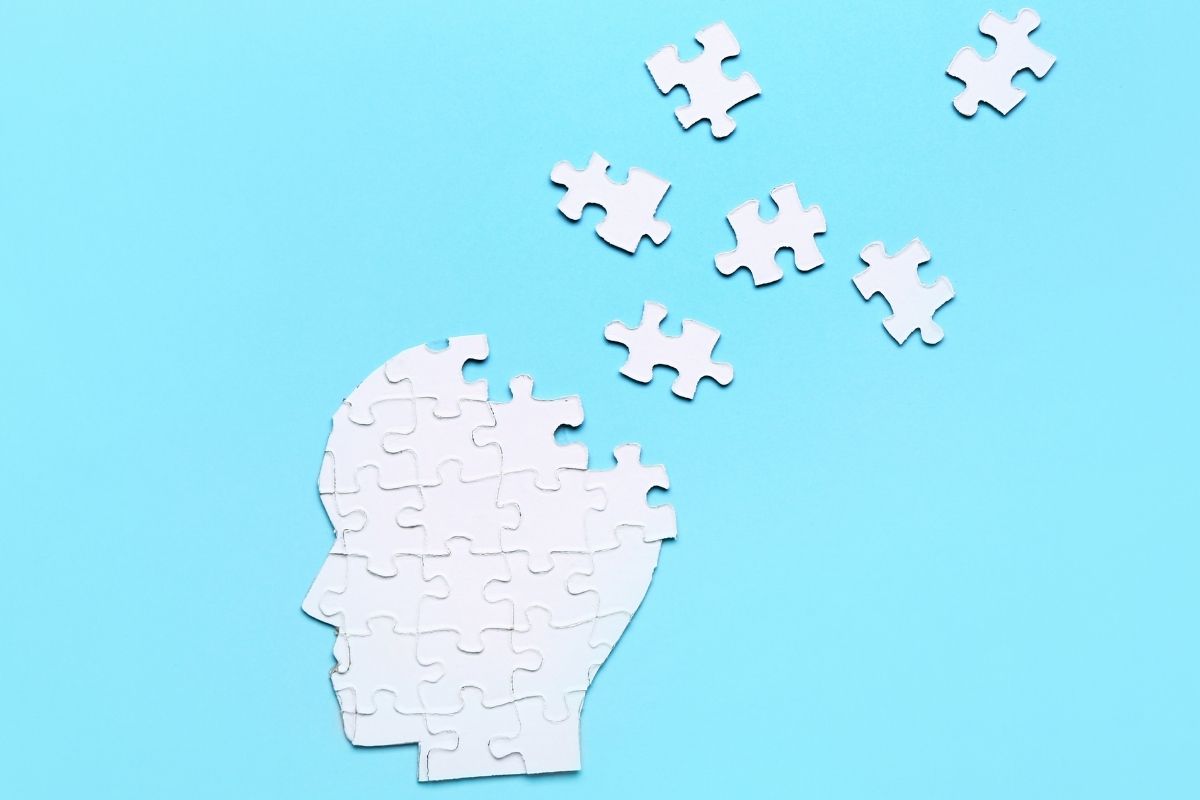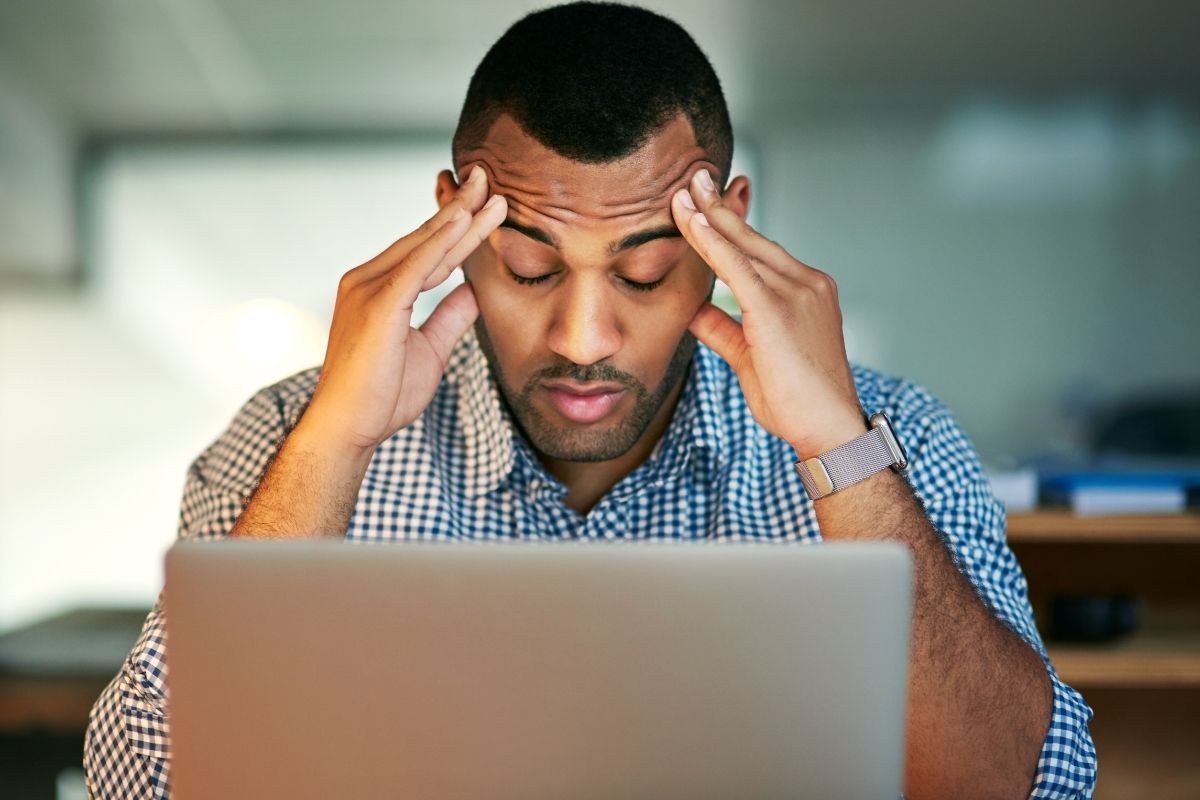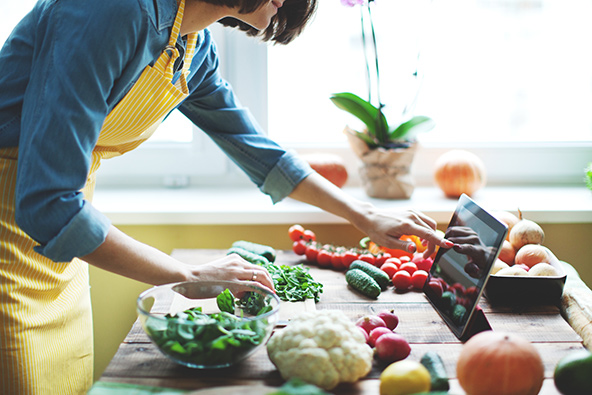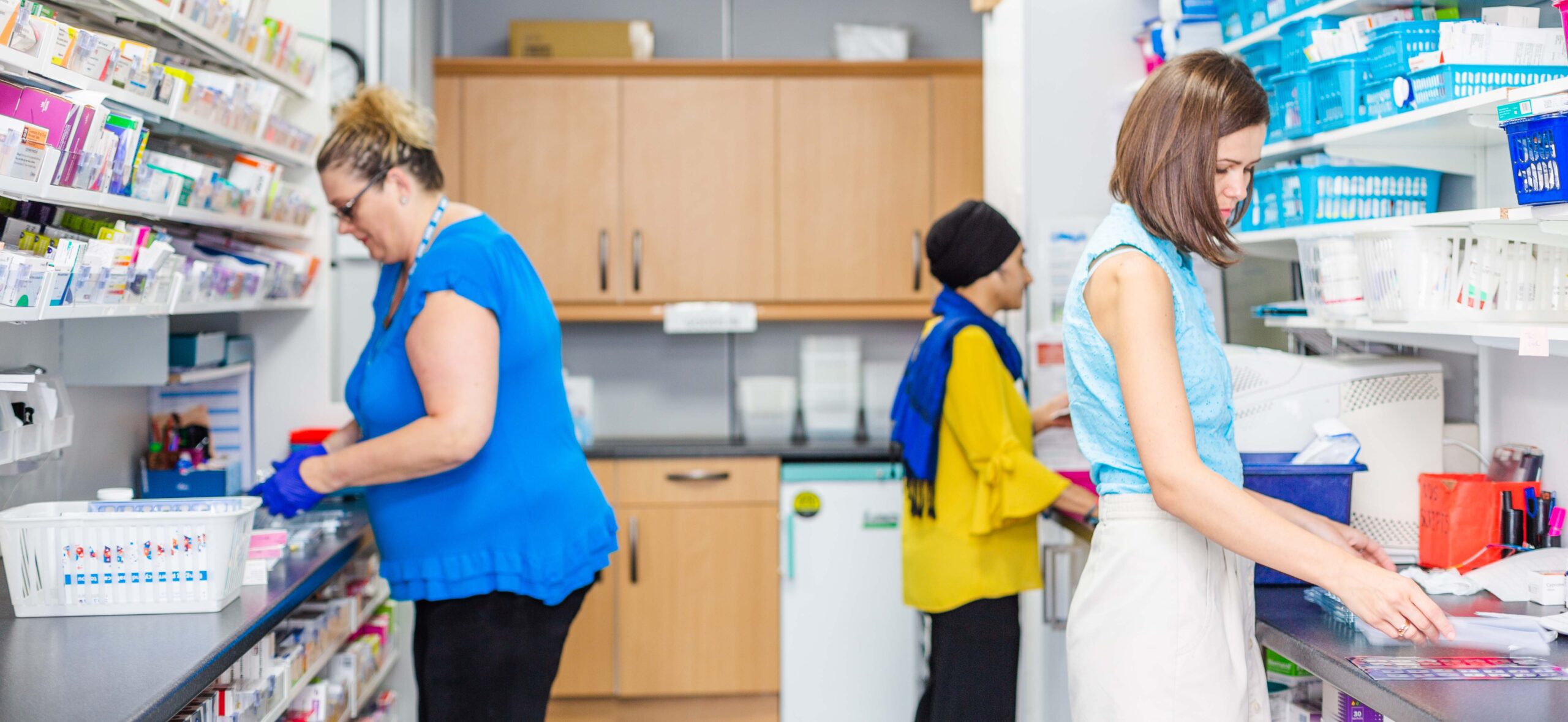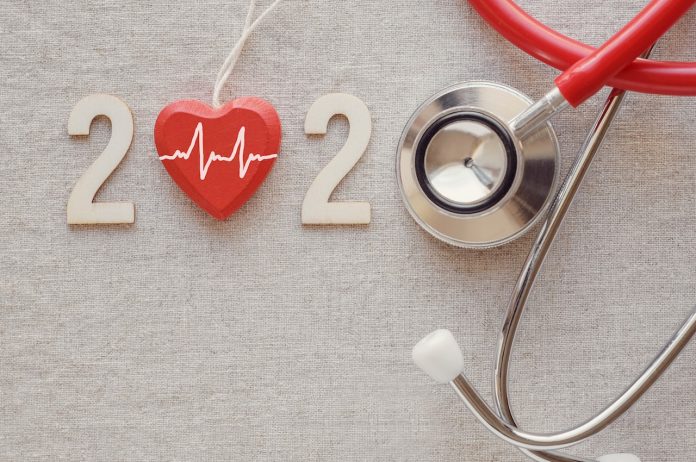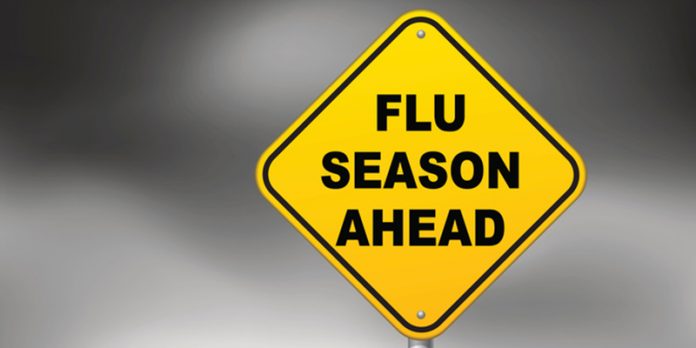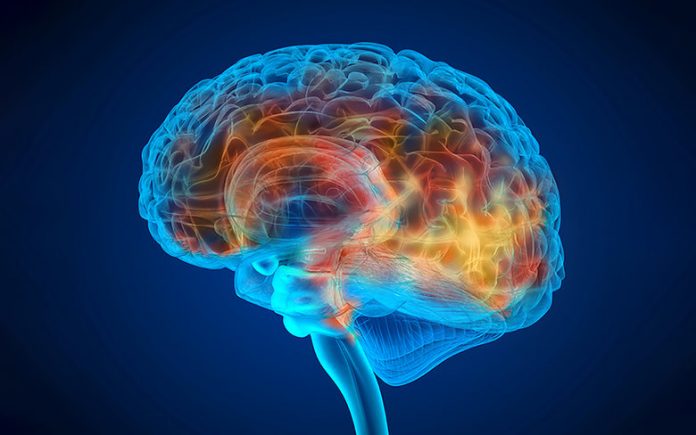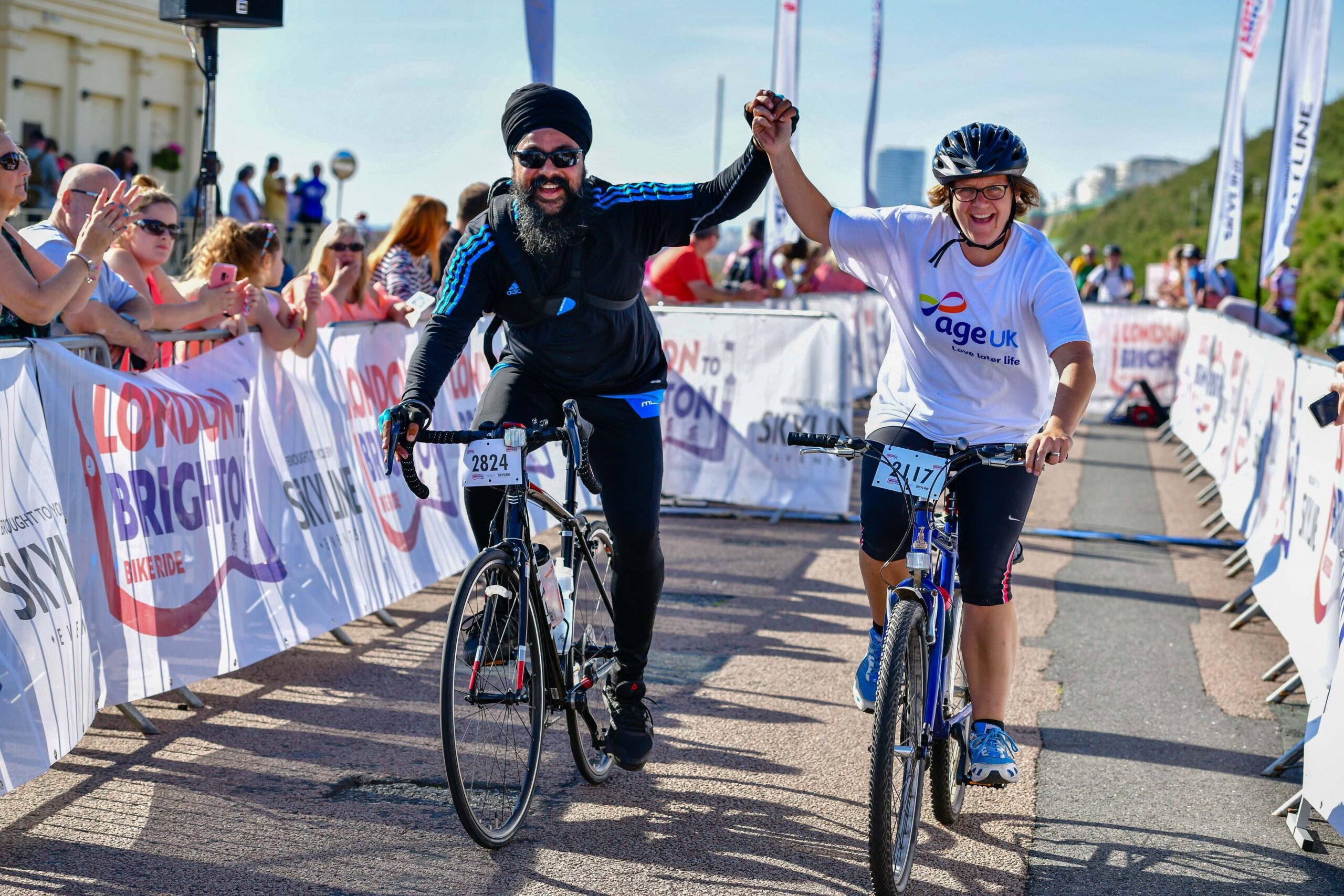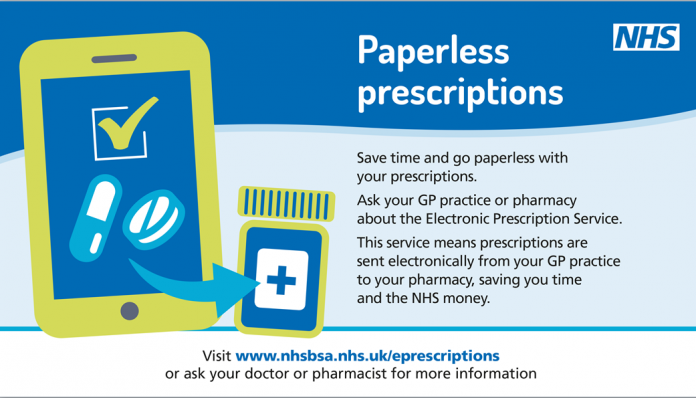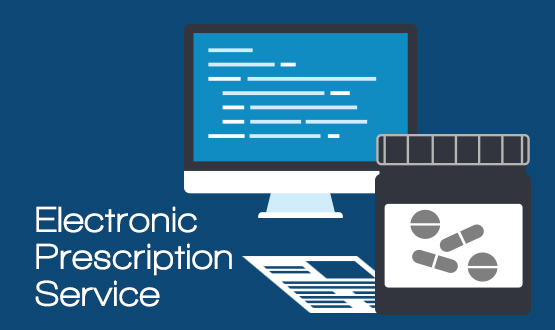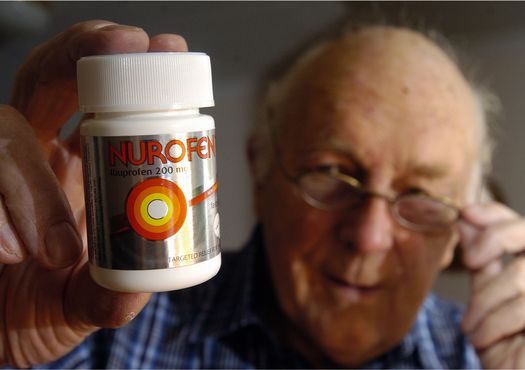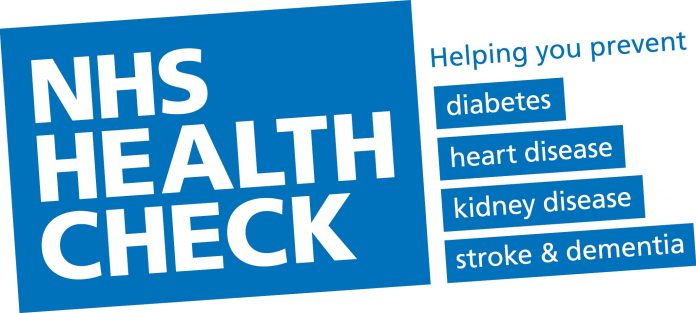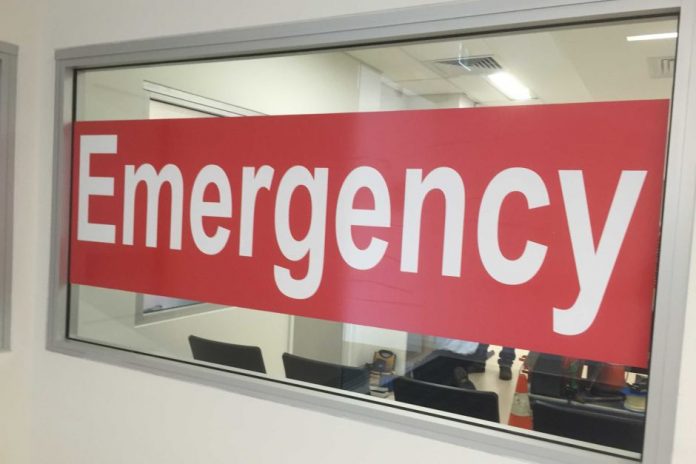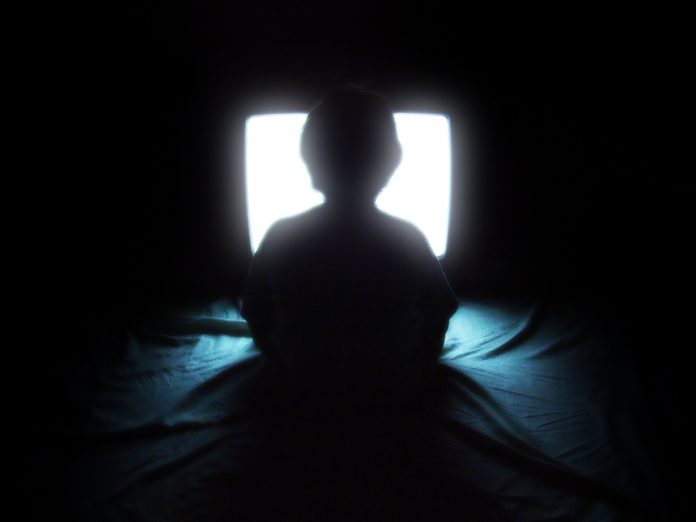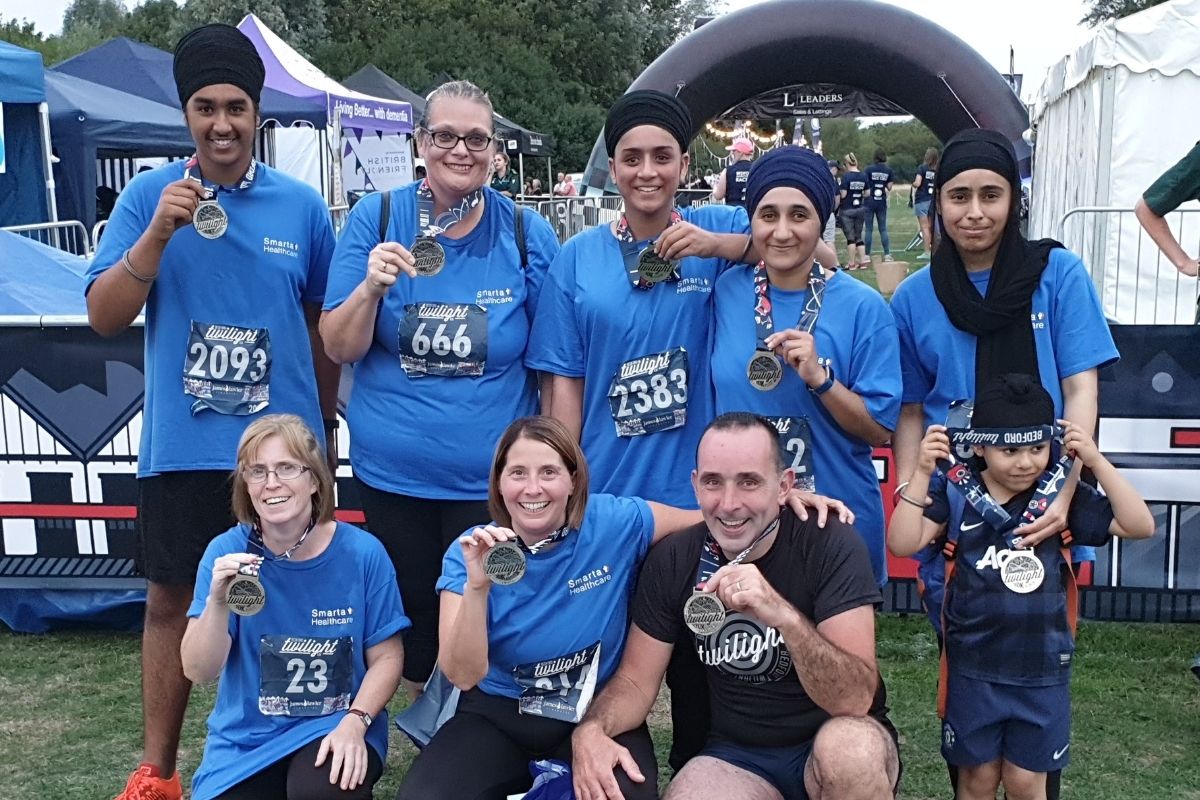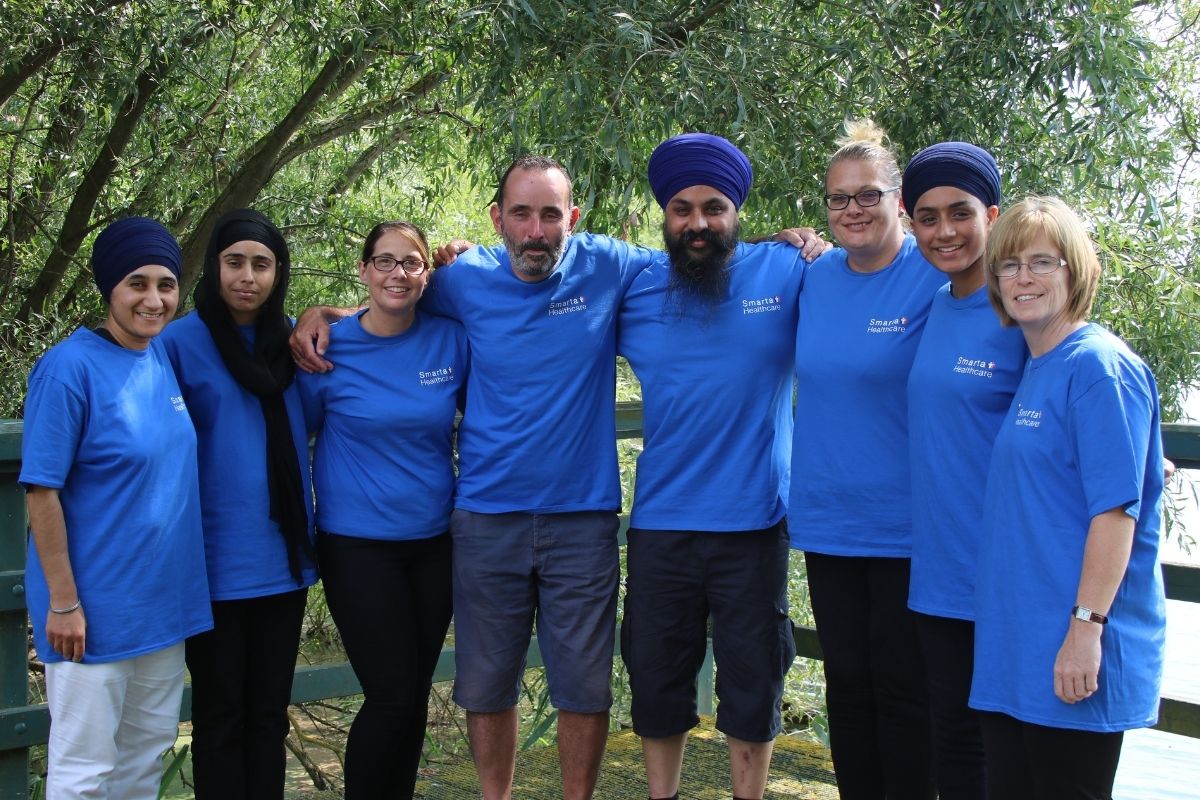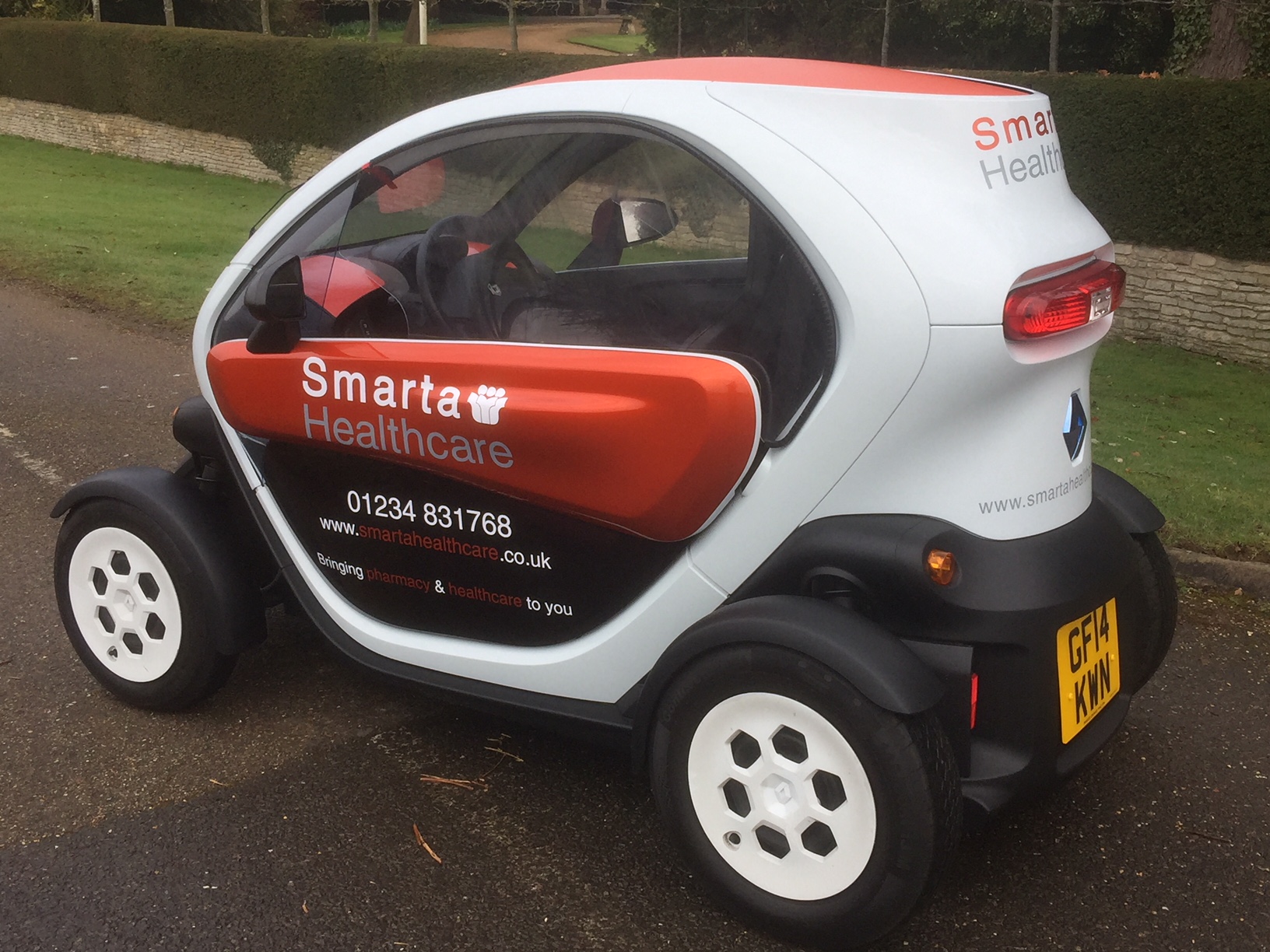How to manage anxiety through uncertain times
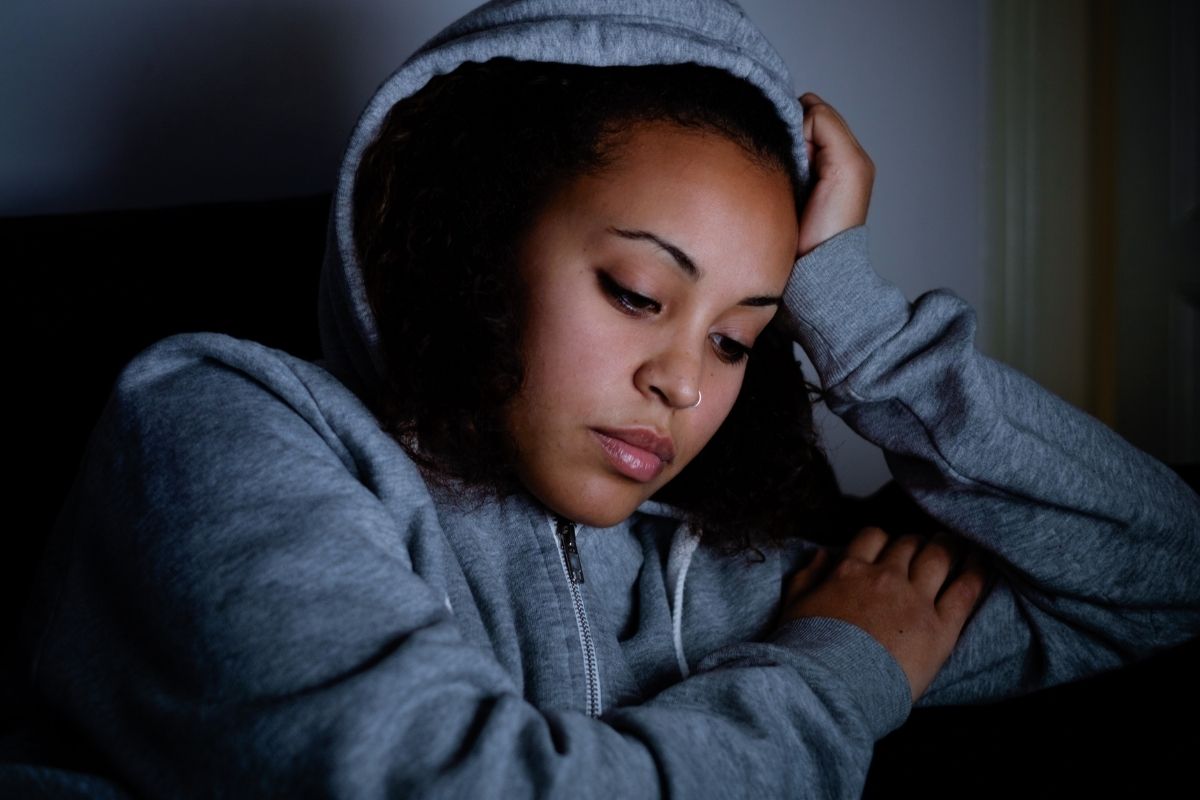
An estimated 8 million people in the UK suffer with anxiety at some stage in their life, and today’s pandemic has accelerated the feelings of fear about the future, further impacting on mental health.
The new lockdown is placing more stress on many of us, whether financial pressures or coping with home schooling, we’ve written this blog to bring some positivity to your day and provide some simple ways to manage anxiety and feel brighter.
What is anxiety?
Anxiety can be associated with feelings of worry, tension, fear and concerns for the future, and for some of us these feeling can become overwhelming, affecting our quality of life.
Our body has an inbuilt method of dealing with stress to support survival and releases a hormone called adrenaline, known as the ‘fight or flight’ response. The modern stresses of today come in the form of finances, job worries, schooling, families, video games, alcohol and today’s pandemic.
What are common symptoms of anxiety?
Whilst symptoms of anxiety mainly relate to the way someone feels, the associated symptoms can be more physical and include insomnia, palpitations, shortness of breath, tension, nausea, stomach cramps, sweating and headaches. Some health complaints also play a role, including blood sugar dysregulation, allergies and intolerances, and some medications are linked to symptoms of anxiety. If you think your medication might be creating symptoms of anxiety, seek support from your GP.
Tips on how to manage and reduce your anxiety
Here are some small changes that can have a big impact on how you feel. Just the process of making a change in your life and moving forward, will leave you feeling accomplished. Give some of these a try, you’ll be amazed with the results.
Sleep
It’s no surprise that a good night’s sleep leaves us feeling fresh and ready to face the day ahead. Sleep is a crucial process to allow our bodies to repair. Not always easy but with a bit of planning, earlier nights can actually be very rewarding. Try to create a calm and relaxed environment to support a good night’s sleep – play relaxing music and take a hot bath. Try to avoid opening your phone or laptop and instead read a book which is an excellent way to calm the mind.
Exercise
Exercise is a great way to get those endorphins flowing through your body. Endorphins are chemicals released by the brain that help to regulate mood, make us feel rewarded and are known to reduce anxiety. Any exercise is good and if you’re starting from scratch, a short walk outside will really lift your mood. Avoid pointing your gaze to the ground and make a conscious effort to raise your eyeline higher, this is a proven technic to improve your mood and see the world in a more positive light. Breath in the wonderful fresh air and enjoy the feeling of accomplishment – you made it out, well done!
De-stress
Change is progress! Take a moment to think about the things that bring a feeling of relaxation to you personally. It can be really tough to find the time for ourselves but it can be done. Walking is one of the best ways to destress and get out of the house, alone or with the children. The exercise is good for the whole family and it creates a routine of sharing a nice experience together. Now is as good a time as any to make that change and start a new routine together.
Nutrition
Nutrition can have a major impact on our wellbeing. Anxiety can often reduce our appetite, however it’s so very important to eat nourishing foods to provide our body with the additional nutrient requirements associated with anxiety. Many people get confused about nutrient rich foods but if you stick to brightly-coloured fruits and vegetables, nuts and seeds, beans and lentils, you can’t go wrong. Natural, unprocessed foods are the way to go. If you struggle to eat large meals try smaller meals throughout the day.
Breathing
Deep breathing is a great way to control anxiety and bring on a feeling of relaxation. Many people use this technique and incorporate into their daily routine. Pinpoint times in the day you find stressful – home schooling, tea time, work etc – and try the technique. Try a 5-10-minute breathing exercise first thing in the morning when you wake up – a great way to start your day. The App store has a range of excellent free ‘mindfulness’ apps, which are good for relaxation and helping you sleep.
Lighting
Many of us regularly make the mistake of watching TV or using mobile phones and laptops, right before we go to sleep … or not as the case may be! The body naturally produces the sleep hormone melatonin in the evening. When we’re exposed to natural daylight in the morning our body reduces the production of melatonin. Exposing ourselves to fluorescent lighting in the evenings, we may be suppressing our body’s natural production of this valuable sleep hormone. Not only are the lights reducing your melatonin production, but the mental stimulation may also keep your brain firing long after the lights go out. Try to have a tech-free hour before you turn your lights out to benefit natural induction of sleep.
Seek help from an expert
There are many qualified people who can help you with your anxiety and asking for help is a really positive step to take. If anxiety is negatively affecting your quality of life you might want to consider booking an appointment with your GP who can tell you about the support available. Or you may prefer to go down the exercise and nutrition route and recruit a personal trainer.
At Smarta Healthcare, we wish you all the very best for the coming months. For advice prescription medicine or pharmacy matters, contact our free helpline on 01234 831768 or visit our website: www.clinic.smartahealthcare.co.uk


